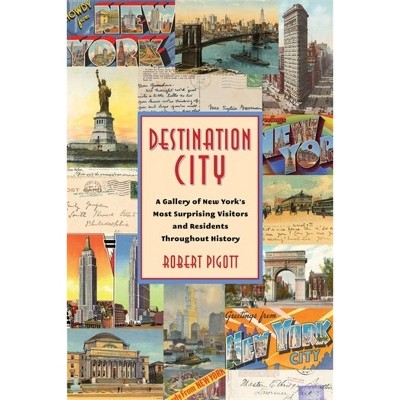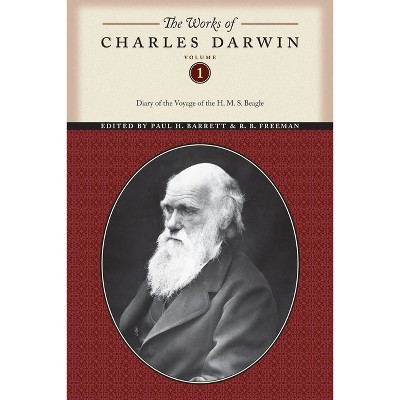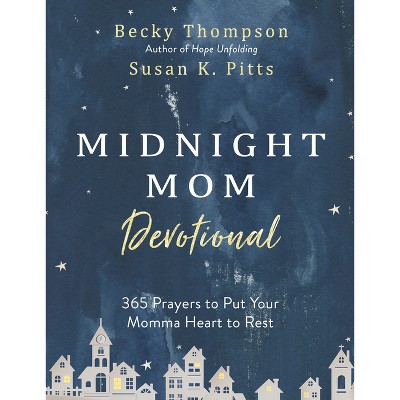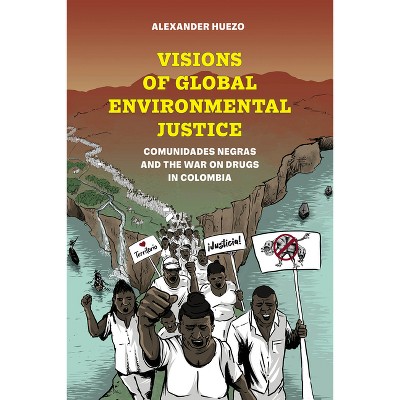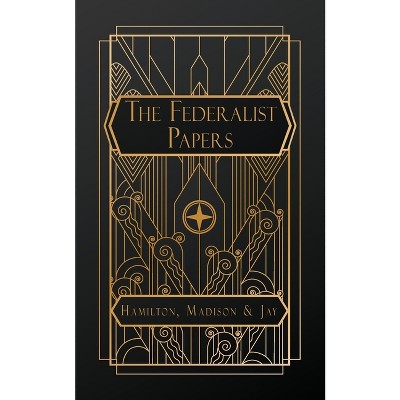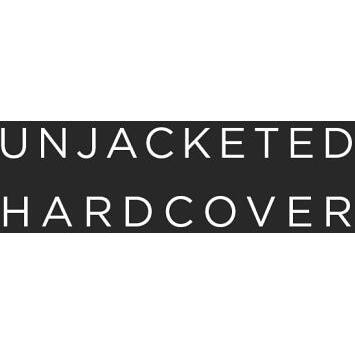Sponsored

Truffles and Trash - by Kelly Alexander
In Stock
Sponsored
About this item
Highlights
- On a fragile planet with spreading food insecurity, food waste is a political and ethical problem.
- Author(s): Kelly Alexander
- 236 Pages
- Social Science, Anthropology
Description
About the Book
"On a fragile planet with spreading food insecurity, food waste is a political and ethical problem. In Truffles and Trash, Kelly Alexander reveals it is also an opportunity for new forms of sociality. These dynamics play out across a diverse set of locations-from a food bank with ties to the EU and a social restaurant serving low-cost meals made from supermarket surplus by an emergent immigrant labor force to a social inclusion program in an urban market with a 'zero food waste' pop-up cafâe. Alexander's close analysis illustrates the collaborative, sometimes scrappy institutional and community efforts to recuperate and redistribute food waste in Brussels, Belgium. She argues that these efforts in concert with innovative policy effectively recirculate wasted food to new publics and produce what she terms a 'spectrum of edibility.' According to Alexander, the models face challenges-including reproducing the very power dynamics across race, class, and citizenship status they seek to circumvent. They also mirror the challenges of the everyday operations of the European social welfare state, which is increasingly reliant on NGOs to meet provisioning promises. Yet she finds that they also move the needle forward in reducing food waste across one city, providing a model for major urban centers around the world"--Book Synopsis
On a fragile planet with spreading food insecurity, food waste is a political and ethical problem. Examining the collaborative, sometimes scrappy institutional and community efforts to recuperate and redistribute food waste in Brussels, Belgium, Kelly Alexander reveals it is also an opportunity for new forms of sociality. Her study plays out across a diverse set of locations--including a food bank with ties to the EU, a social restaurant serving low-cost meals made from supermarket surplus by an emergent immigrant labor force, and a social inclusion program in an urban market with a "zero food waste" pop-up café. Alexander argues that these efforts, in concert with innovative policy, effectively recirculate wasted food to new publics and produce what she terms a "spectrum of edibility."
According to Alexander, these models face challenges--including reproducing the very power dynamics across race, class, and citizenship status they seek to circumvent. They also mirror the challenges of the everyday operations of the European social welfare state, which is increasingly reliant on NGOs to meet provisioning promises. Yet she finds that they also move the needle forward to reduce food waste across one city, providing an example for major urban centers around the world.
Review Quotes
"Alexander melds academic rigor with the evocative prose style and in-depth reporting that characterized her prize-winning work as a journalist."--Colman Andrews, author of Catalan Cuisine
"Capacious and deeply honest. When we ask ourselves what it takes to make food justice real, we will be thinking along with the observations in this book."--Sharon P. Holland, author of The Erotic Life of Racism
"Engrossing, surprising, and fun--the specific sites and people Alexander works with come alive. An exemplar of the ethnographic method."--Joshua Reno, author of Waste Away
